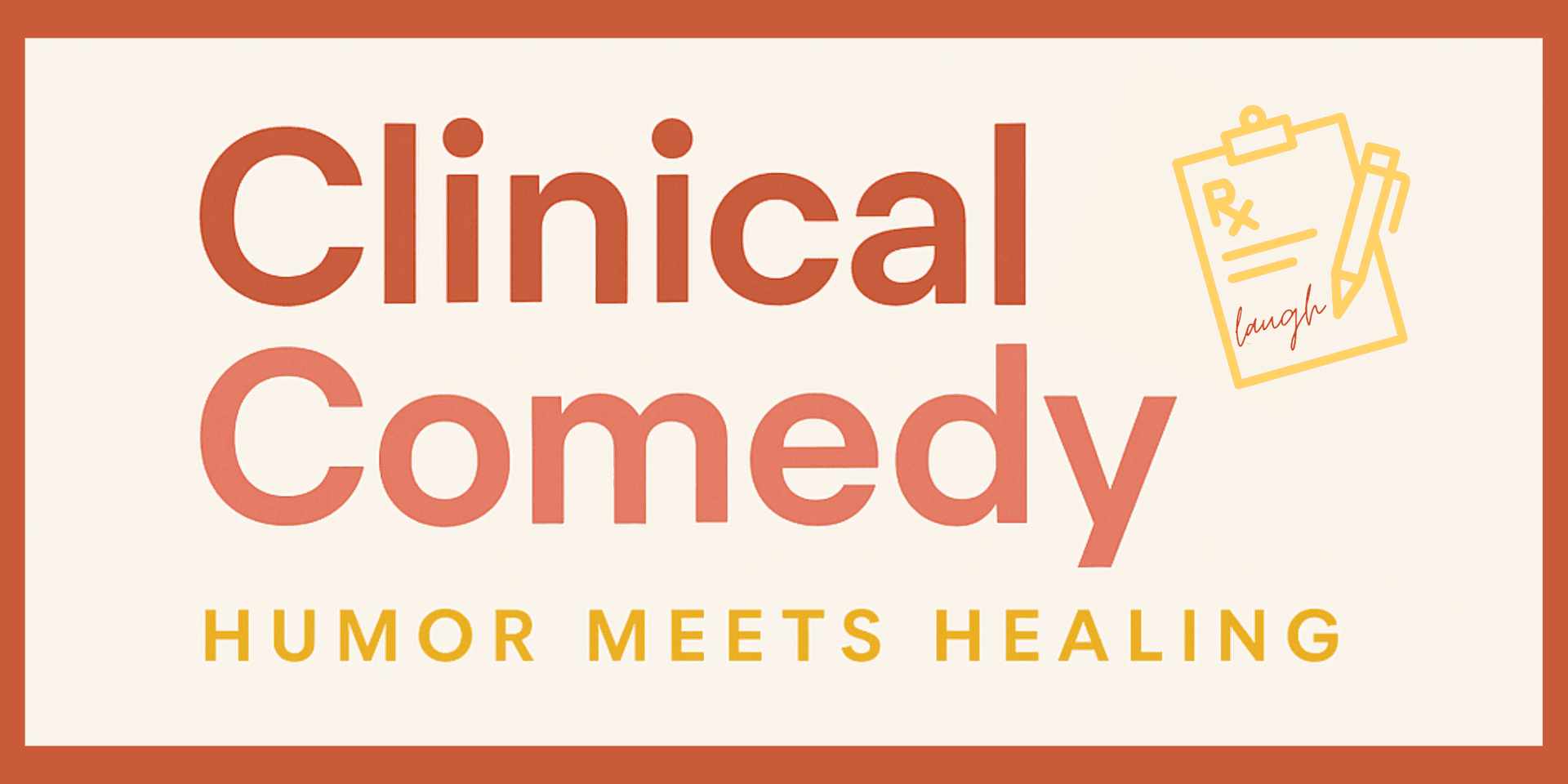Laughter as Medicine: A Guide to Therapeutic Humor Techniques
The Healing Power of Laughter
In today's fast-paced world, stress and anxiety have become common companions in our daily lives. However, an often-overlooked remedy lies in something as simple and natural as laughter. The concept of "laughter as medicine" has gained traction as research continues to uncover its myriad benefits. From reducing stress to improving overall well-being, laughter is proving to be a powerful therapeutic tool.

Understanding Therapeutic Humor
Therapeutic humor involves the intentional use of humor to promote health and wellness. Unlike casual jokes, therapeutic humor is carefully crafted to be inclusive and supportive, ensuring it resonates positively with individuals. This type of humor can be used in various settings, from hospitals to corporate offices, to enhance mood and foster a sense of community.
Benefits of Laughter
One of the most significant benefits of laughter is its ability to reduce stress. When you laugh, your body releases endorphins, the body's natural feel-good chemicals. These endorphins help combat stress hormones, providing a sense of relief and relaxation. Additionally, laughter can boost your immune system, improve pain tolerance, and enhance your mood.

Incorporating Humor into Daily Life
Integrating humor into your daily routine doesn't require grand gestures. Here are some simple techniques to weave laughter into your life:
- Watch a funny movie or TV show.
- Read a humorous book or comic strip.
- Share jokes or funny stories with friends.
- Attend a comedy show or improv night.
Laughter Yoga: A Unique Approach
Laughter Yoga is a practice that combines laughter exercises with yogic breathing. Developed by Dr. Madan Kataria in 1995, this unique form of yoga promotes laughter as a form of exercise. Participants engage in playful activities, laughter exercises, and deep breathing techniques, leading to increased oxygen flow and a more relaxed state of mind.

Therapeutic Humor in Healthcare
In healthcare settings, therapeutic humor is used to improve patient outcomes. Clown doctors, for example, visit hospitals to bring joy and laughter to patients, particularly children. These interactions have been shown to reduce anxiety and improve mood, facilitating a more positive healing environment.
Using Humor Responsibly
While humor can be a powerful therapeutic tool, it is essential to use it responsibly. Humor should never be at the expense of others or used to dismiss serious issues. The goal is to create a supportive atmosphere where everyone can share in the joy and healing power of laughter.

Conclusion: Embracing Laughter for a Healthier Life
Incorporating laughter into your daily routine can lead to a happier, healthier life. Whether through laughter yoga, humorous media, or shared jokes, the benefits of laughter are accessible to everyone. By understanding and utilizing therapeutic humor techniques, we can harness the power of laughter to improve our mental and physical well-being.
